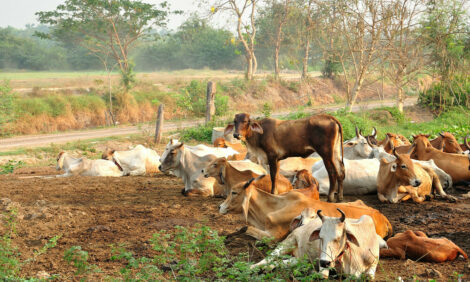



Welcoming Risk Management in New Zealand
NEW ZEALAND - An independent international review of New Zealand Food Safety Authority’s (NZFSA) approach to ensuring food safety for consumers has found it to be aligned with best practice in comparable authorities internationally.The release of Dr Stuart Slorach’s review of the organisation’s risk management framework and its application has been welcomed by NZFSA Chief Executive Dr Andrew McKenzie.
* "The New Zealand Food Safety Authority’s focus is on ensuring New Zealand food is as safe as it can be" |
|
NZFSA Chief Executive Dr Andrew McKenzie
|
“We’re pleased that the report is now available, and we welcome Dr Slorach’s recommendations. The report states that our food safety risk management framework provides ‘a very good structure for systematically and flexibly managing the wide variety of food safety risks currently encountered in New Zealand and for handling new risks and is comparable with those applied by similar authorities in Sweden, Denmark and Ireland’.”
Dr McKenzie says that Dr Slorach’s review shows that NZFSA’s risk management decision-making processes across a broad range of food safety issues have been robustly applied.
“As a young organisation we are keen to ensure we are maintaining best practice and to evolve and grow. The review of our work with issues such as Campylobacter in poultry, aspartame, imported foods, Roquefort cheese and raw milk products, and mercury in fish, shows that New Zealanders can have confidence that NZFSA is committed to ensuring the safety of food and is basing its risk management decisions on sound science.
“The New Zealand Food Safety Authority’s focus is on ensuring New Zealand food is as safe as it can be, and we take a conservative, science-based approach to our work. With A1/A2 milk, we accept there were lessons learned in terms of our processes and we look forward to receiving the results of the European Food Safety Authority’s review of the science later this year. We fully recognise the difficulties in managing and communicating food safety issues, and the recommendations and advice that Dr Slorach has provided in relation to our approach will help us continue to improve in this area”.
TheCattleSite News Desk


